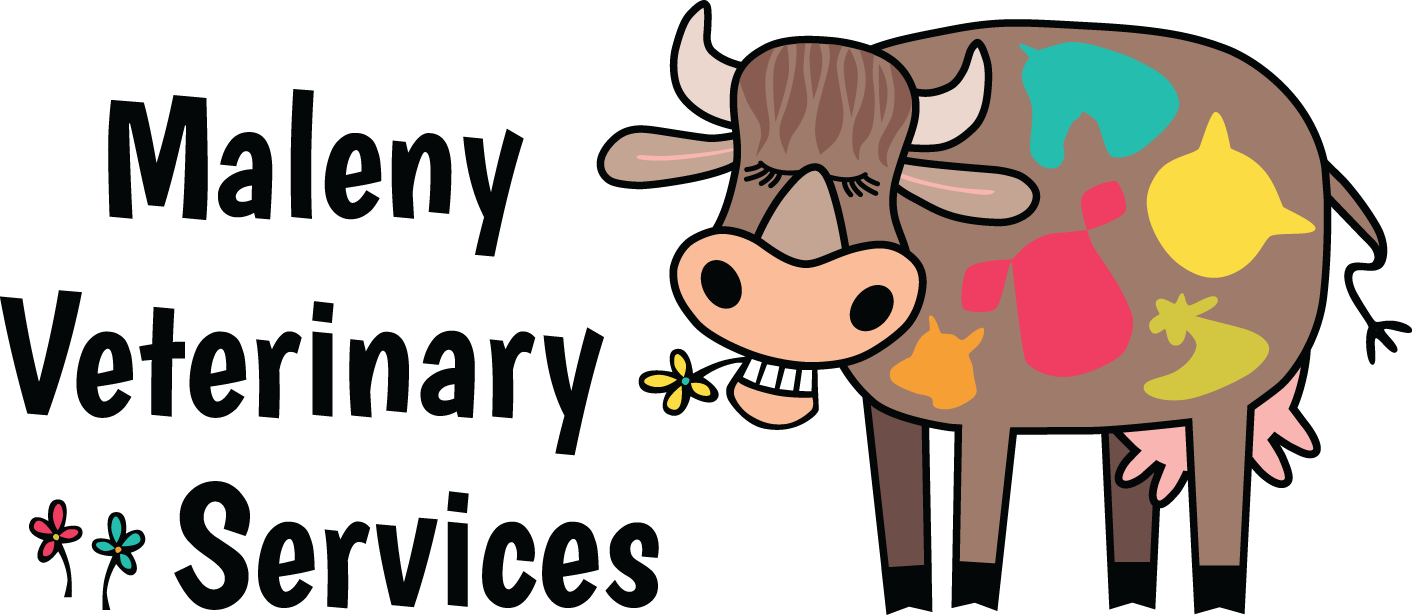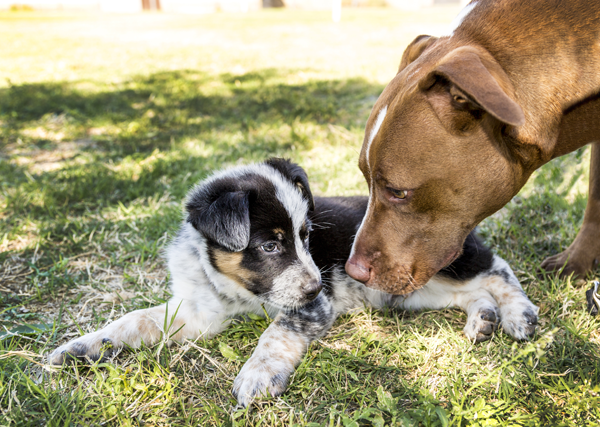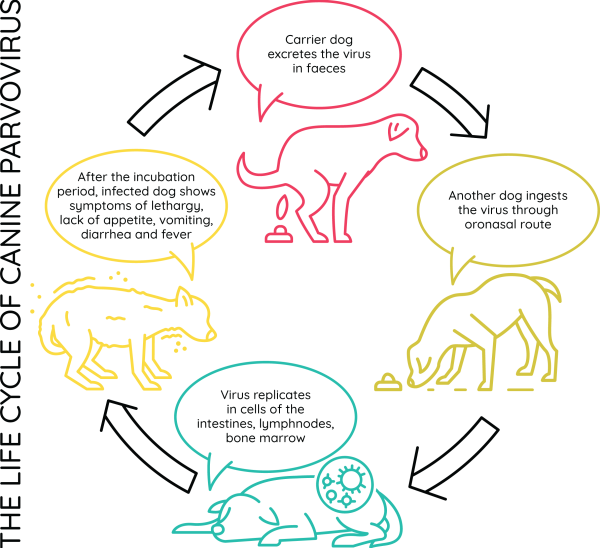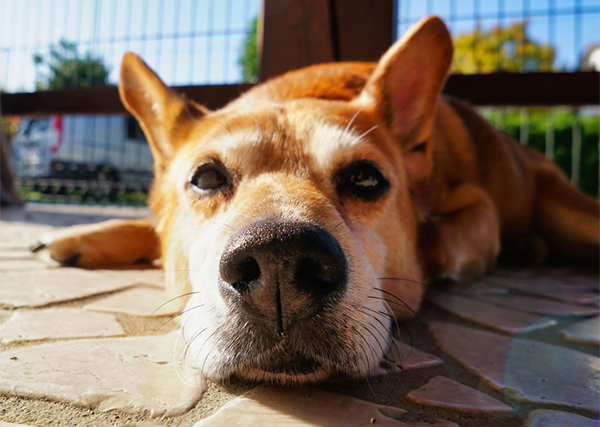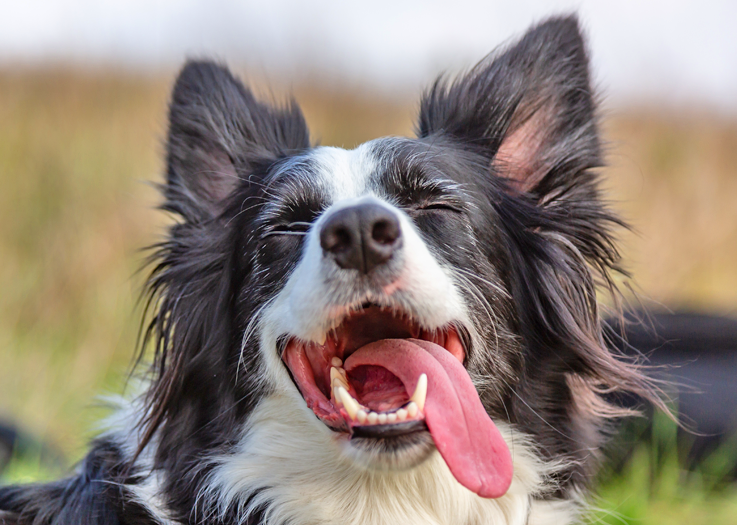What is canine parvovirus?
Canine parvovirus, commonly known as ‘parvo’, is a viral disease that attacks the gastrointestinal tract of dogs. It can cause severe vomiting, diarrhea, dehydration, and in some cases, even death. The virus is spread through contact with infected faeces, so it’s important to keep your furry friend away from areas where other dogs may have pooped.Symptoms of canine parvovirus
If your dog is infected with parvo, you may notice symptoms such as lethargy, loss of appetite, fever, and bloody diarrhea. The virus onset is often rapid so it’s crucial to seek immediate veterinary care if you suspect your dog may have parvo, as early treatment is key to a successful recovery.Preventing canine parvovirus
The best way to protect your dog from parvo is through vaccination. Puppies should receive a series of vaccinations starting at around 6-8 weeks of age, with boosters given every few weeks until they are around 16 weeks old. Adult dogs should also receive regular vaccinations to maintain immunity.
In addition to vaccination, it’s important to practice good hygiene and avoid areas where infected dogs may have been. Clean up after your dog promptly and avoid contact with unknown dogs until they have been properly vaccinated.
Treatment for canine parvovirus
If your dog is diagnosed with parvo, treatment will typically involve supportive care such as IV fluids, anti-nausea medication, and antibiotics to prevent secondary infections. Recovery can be a long and challenging process, but with proper veterinary care, many dogs are able to overcome the virus.
Canine parvovirus is a serious threat to dogs, especially puppies, but with proper prevention and prompt treatment, you can help protect your furry friend. Stay informed, stay vigilant, and always give us a call if you have any concerns about your dog’s health. Remember, your doggo’s well-being is worth every effort to keep them safe and healthy.
